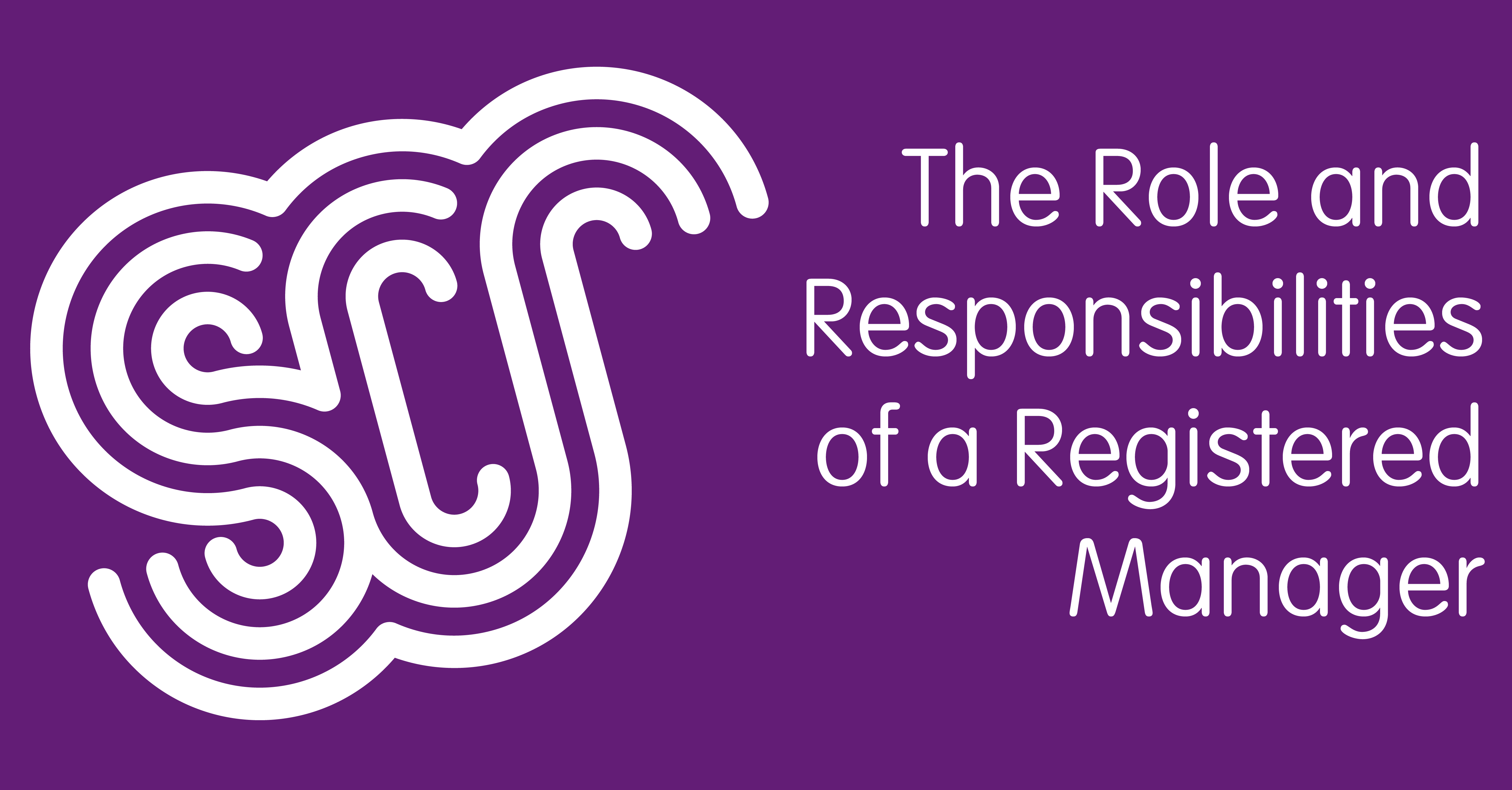
The Role and Responsibilities of a Registered Manager
A Registered Manager plays a vital role in various industries, including healthcare and social care. This guide will provide an in-depth understanding of what it means to be a Registered Manager, including the responsibilities and duties associated with this important position. Whether you are considering a career as a Registered Manager or simply want to learn more about this role, this guide will provide valuable insights.
Understanding the Role of a Registered Manager
A Registered Manager is a professional who oversees the operations and management of a specific organization or facility. They are responsible for ensuring that all aspects of the organisation are running smoothly and efficiently. This includes managing staff, implementing policies and procedures, and ensuring compliance with regulations and standards. The Registered Manager is also responsible for the overall well-being and safety of the individuals or clients under their care. They play a crucial role in maintaining high-quality care and services, and their responsibilities are essential for the success of the organisation.
Ensuring Compliance with Regulations and Standards
One of the key responsibilities of a Registered Manager is to ensure that the organisation or facility is in compliance with all relevant regulations and standards. This includes staying up to date with any changes in regulations and implementing necessary changes to ensure compliance. The Registered Manager must also ensure that all staff members are aware of and adhere to these regulations and standards. This may involve providing training and education on compliance requirements and conducting regular audits and inspections to identify any areas of non-compliance. By ensuring compliance, the Registered Manager helps to maintain the safety and well-being of the individuals or clients under their care and protects the reputation and integrity of the organisation.
Managing and Leading a Team
As a Registered Manager, one of your key responsibilities is managing and leading a team of staff members. This involves overseeing their day-to-day activities, providing guidance and support, and ensuring that they have the necessary resources and training to perform their roles effectively. It is important to establish clear expectations and goals for your team and to communicate these effectively. Building strong relationships with your team members and fostering a positive and collaborative work environment is also crucial. Additionally, as a leader, you must be able to make difficult decisions, resolve conflicts, and motivate your team to achieve their best. By effectively managing and leading your team, you can create a productive and harmonious work environment that ultimately benefits the individuals or clients under your care.
Developing and Implementing Policies and Procedures
Another important responsibility of a Registered Manager is developing and implementing policies and procedures within the organisation. This involves creating guidelines and protocols that outline how tasks should be performed, how decisions should be made, and how conflicts should be resolved. These policies and procedures help to ensure consistency and fairness in the organization’s operations and provide a framework for staff members to follow. It is important to regularly review and update these policies and procedures to ensure they remain relevant and effective. Additionally, the Registered Manager must ensure that all staff members are aware of and trained on these policies and procedures to ensure compliance. By establishing clear policies and procedures, the Registered Manager can promote a culture of accountability and professionalism within the organisation.
Ensuring Quality Care and Service Provision
One of the key responsibilities of a Registered Manager is to ensure quality care and service provision within the organisation. This involves monitoring and evaluating the performance of staff members, as well as the overall effectiveness of the organisation’s services. The Registered Manager must regularly assess the needs of the individuals receiving care and make any necessary adjustments to ensure their needs are being met. They must also ensure that staff members are properly trained and equipped to provide high-quality care. This may involve providing ongoing training and development opportunities, as well as implementing quality assurance measures such as audits and inspections. By prioritising quality care and service provision, the Registered Manager can ensure that the organization is meeting the needs of its clients and providing the best possible care.
If you want to get in touch with us you can Contact Us
